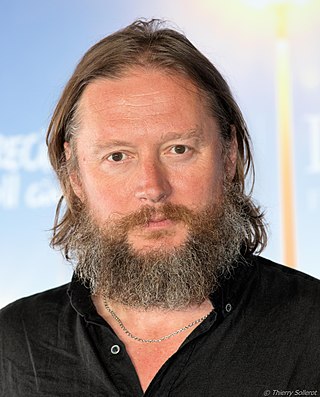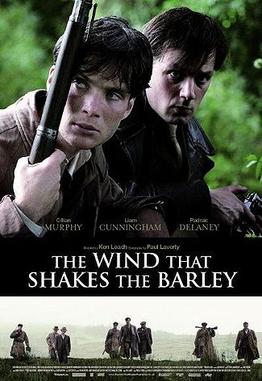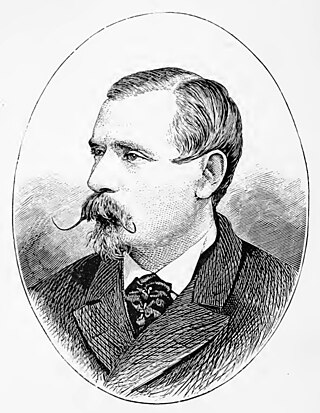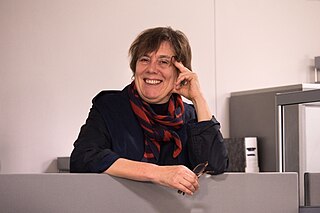The following is an overview of events in 2006, including the highest-grossing films, award ceremonies and festivals, a list of films released and notable deaths. Pixar celebrated its 20th anniversary in 2006 with the release of its 7th film, Cars.

The British Independent Film Awards (BIFA) is an organisation that celebrates, supports, and promotes British independent cinema and film-making talent in the United Kingdom. Nominations for the annual awards ceremony are announced in early November, with the ceremony itself taking place in early December.
The UK Film Council (UKFC) was a non-departmental public body set up in 2000 to develop and promote the film industry in the UK. It was constituted as a private company limited by guarantee, owned by the Secretary of State for Culture, Media and Sport, and governed by a board of 15 directors. It was funded from various sources including The National Lottery. John Woodward was the Chief Executive Officer of the UKFC.

David Hugh Mackenzie is a Scottish film director and co-founder of the Glasgow-based production company Sigma Films. He has made ten feature films including Young Adam (2003), Hallam Foe (2007), Perfect Sense (2011) and Starred Up (2013). In 2016, Mackenzie's film Hell or High Water premiered at Cannes and was theatrically released in the United States in August. The same year he executive produced Damnation, a TV pilot for Universal and USA Network. Mackenzie also directed Outlaw King (2018), a historical film for Netflix. Mackenzie and his films have been described as not fitting neatly into any particular genre or type.

The Wind That Shakes the Barley is a 2006 Irish war drama film directed by Ken Loach, set during the Irish War of Independence (1919–1921) and the Irish Civil War (1922–1923). Written by long-time Loach collaborator Paul Laverty, the film tells the fictional story of two County Cork brothers, Damien and Teddy O'Donovan, who join the Irish Republican Army to fight for Irish independence from the United Kingdom, only for the two brothers to then find themselves on opposite sides during the subsequent Irish Civil War.

Robert Dwyer Joyce (1836–1883) was an Irish poet, writer, and collector of traditional Irish music.

Paul Laverty is a screenwriter and lawyer best known for his screenplays for films directed by Ken Loach.
The 11th Satellite Awards, honoring the best in film and television of 2006, were given on December 18, 2006.
Pádraic Delaney is an Irish actor known for playing Teddy O'Donovan in the Ken Loach film The Wind That Shakes the Barley, for which he earned an IFTA nomination as well as being named Irish Shooting Star for the 2007 Berlin Film Festival. In addition, he is known for his role as English aristocrat Lord George Boleyn, brother-in-law of King Henry VIII of England in Showtime's The Tudors.
Thomas Aiden Turgoose is an English actor, best known for his role as Shaun Fields in the film This Is England (2006), a role he reprises in the This Is England TV series This Is England '86 (2010), This Is England '88 (2011) and This Is England '90 (2015).
Barry Ackroyd is an English cinematographer and director. Ackroyd has frequently worked with directors Ken Loach and Paul Greengrass. He worked on Kathryn Bigelow's 2008 war film The Hurt Locker, and with Greengrass on the critically acclaimed 2013 biographical thriller Captain Phillips, the former earning him a BAFTA Award and an Academy Award nomination for Best Cinematography. In 2014, Ackroyd became the president of the British Society of Cinematographers.

Sigma Films is a film production company based in Glasgow, Scotland. The company was formed in 1996 by Gillian Berrie, David Mackenzie and Alastair Mackenzie – a producer, director and actor respectively. Over the last twenty years the company has been responsible for film releases including Starred Up (2013), Under the Skin (2013), Perfect Sense (2011), Hallam Foe (2007), Red Road (2006), Young Adam (2003) and Dear Frankie (2004). In 2017, Sigma began production on big-budget historical epic Outlaw King for Netflix.

Johnny Harris is an English actor, screenwriter, producer and director.
The 27th London Film Critics Circle Awards, honouring the best in film for 2006, were announced by the London Film Critics Circle on 8 February 2007.
The 13th British Independent Film Awards, held on 5 December 2010 at The Brewery in West London, honoured the best British independent films of 2010.

Kenneth Charles Loach is an English filmmaker. His socially critical directing style and socialist views are evident in his film treatment of social issues such as poverty, homelessness, and labour rights.
William Ruane is a Scottish actor. He is best known for his roles in the films Sweet Sixteen (2002) and The Angels' Share (2012), and in the soap opera River City.

Rebecca O'Brien is a BAFTA-winning film producer, known especially for her work with Ken Loach. O'Brien was born in London, England.
The British Independent Film Award for Best Cinematography is an annual award given to the cinematographer's work that has been deemed "best" in a particular year for their work in independent British cinema. The award was introduced in 2017. Before its inception, cinematography was included in the category named Best Technical Achievement.
The British Independent Film Award for Best Director is an annual award given by the British Independent Film Awards (BIFA) to recognize the best directing in a British independent film. The award was first presented in the 1998 ceremony being Ken Loach the first recipient of this award for his work in the film My Name is Joe.








